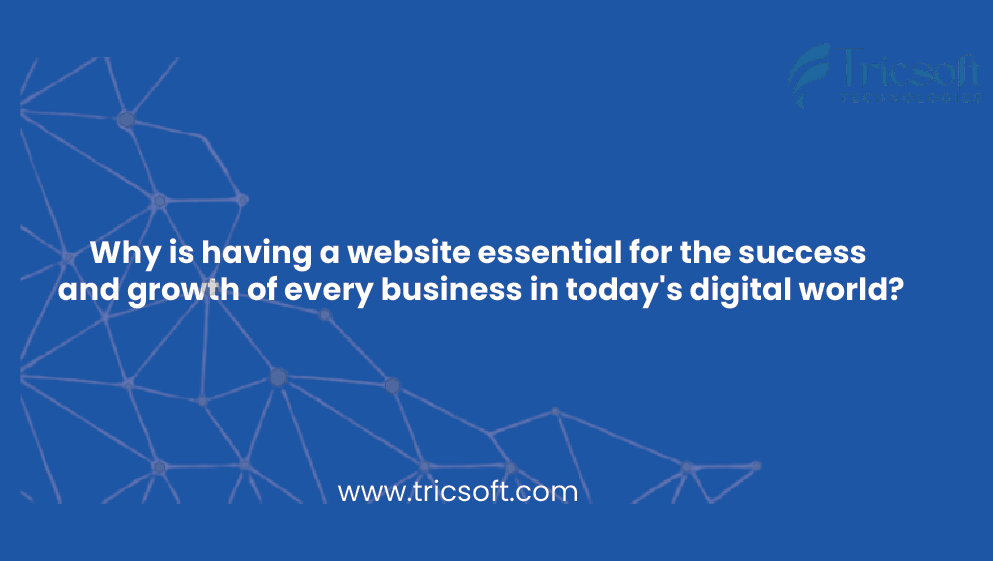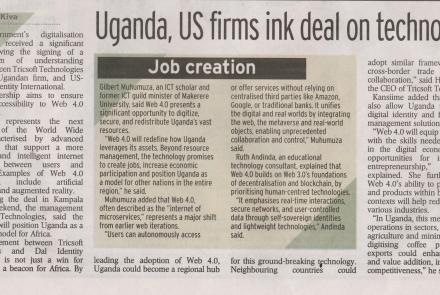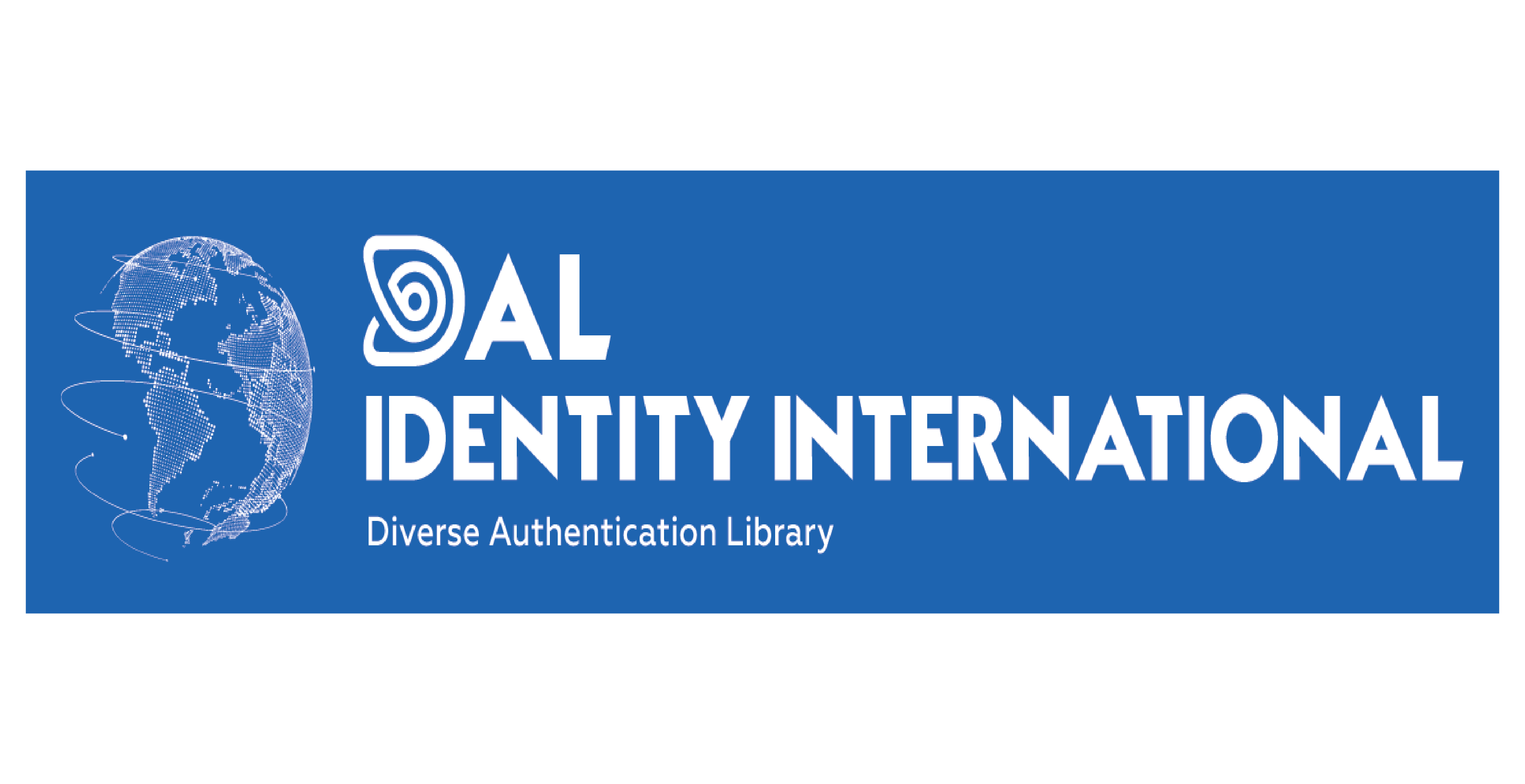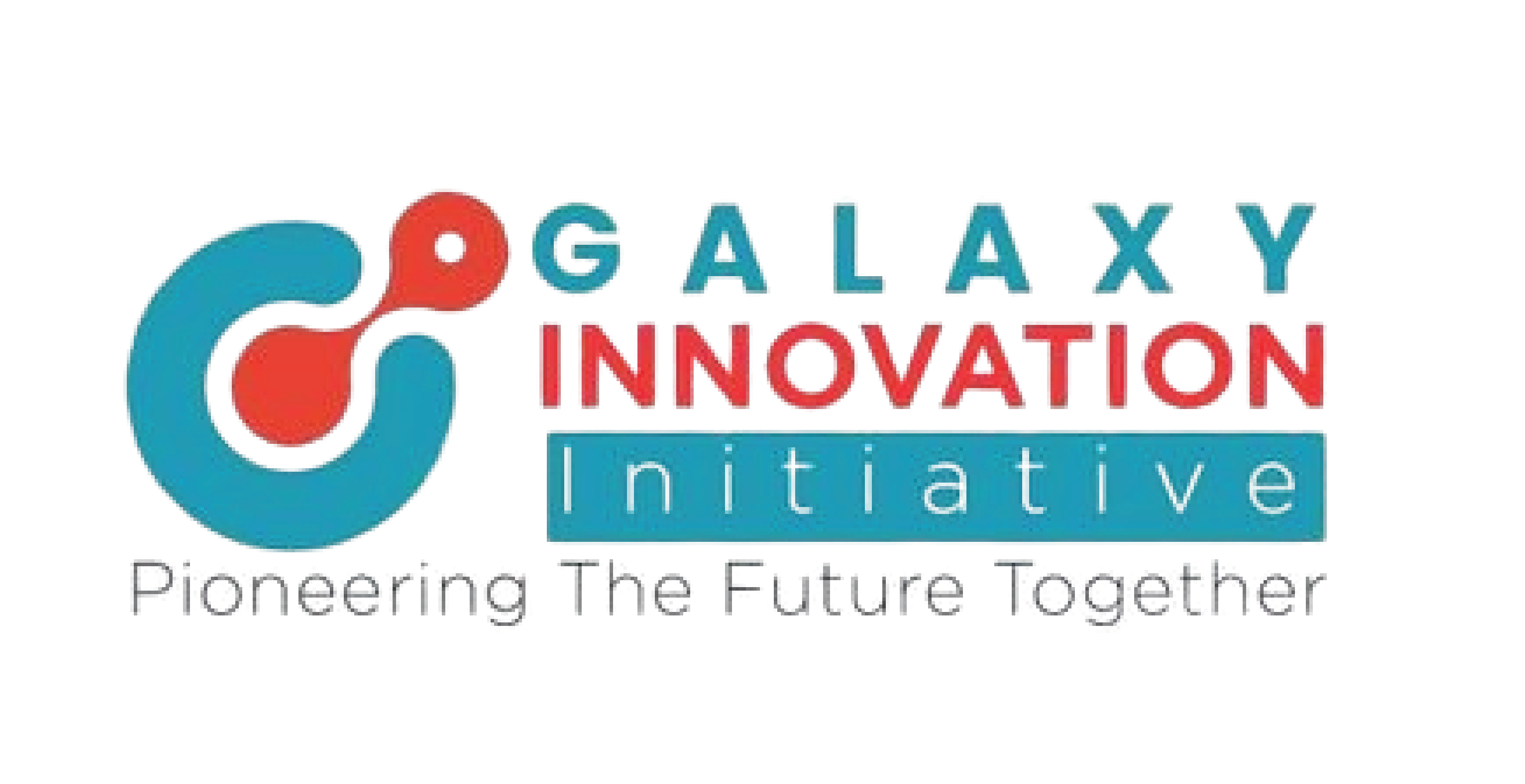In Uganda, Savings and Credit Cooperative Organizations (SACCOs) play a crucial role in financial inclusion, especially in rural and semi-urban areas.
Point of Sale System
All-in-one system for supermarkets, hardwares, pharmacies, and shops.
Pocket Money System
Enables students to receive pocket money securely, promoting cashless transactions .
Sacco management System
A powerful solution for money lenders and Saccos. Simplifying financial management.

Expertise and Innovation
We have a team of highly skilled professionals with a wealth of experience across multiple sectors, including fintech, education & Enterprise management

Client-Centered Approach
We ensure, all our solutions meet the specific needs of each client. Our process starts with listening. We have built strong relationships with clients and open communication

Reliability & Long-Term Support
We ensure that every developed product undergoes testing and quality assurance to ensure improved performance. We prioritize security & data system stability
At Tricsoft, we create websites that help businesses thrive in the digital age. A website is not just a digital presence; it’s a powerful tool that connects your business to potential customers, builds credibility, and drives growth
About Us













